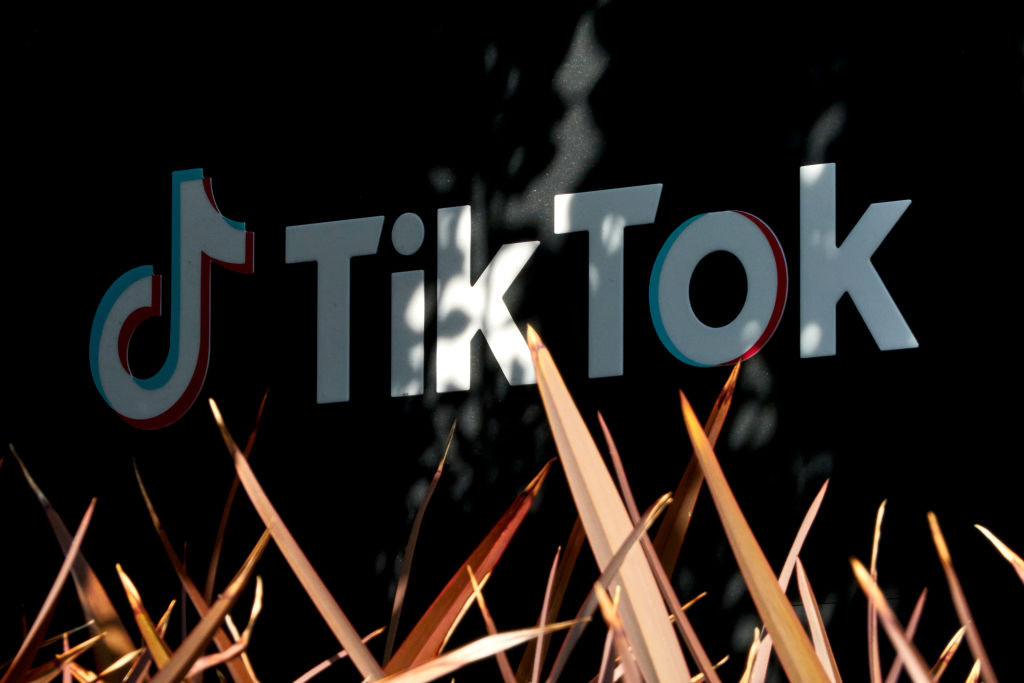
While TikTok faces an uncertain future in the U.S., its Chinese parent company continues to rake in cash. On Wednesday, Bloomberg reported that ByteDance’s profit jumped 60% in 2023 to more than $40 billion, compared to $25 billion in 2022, citing people familiar with the matter. Despite a slowed Chinese economy, ByteDance has been buoyed by TikTok’s massive global popularity, especially in the U.S.—TikTok has 170 million American users, and a Pew study from January found it was the fastest-growing social media platform in the country.
This marks the first time that ByteDance has outpaced its rival Tencent in revenue and profit. Last fall, ByteDance unveiled TikTok Shop in the U.S., in which entrepreneurs can sell products directly from the app itself. In China, ByteDance’s app Douyin has rolled out e-commerce and food delivery features. The company is also building on its own chatbots and its own large language model in the hopes of competing with OpenAI.
But as TikTok has grown in influence and usership in the U.S., backlash has also ballooned. In March, the U.S. House of Representatives passed a bill giving ByteDance two choices: sell the app, or face a ban in the U.S. The bill has received wide bipartisan report: New York Democrat Chuck Schumer indicated that working on the bill was a priority, and President Biden said he would sign the bill if it landed on his desk.
Read More: What to Know About the Bill That Could Get TikTok Banned in the U.S.
But Republican leaders have been especially vocal in speaking out against TikTok recently, arguing that the app is a haven for Chinese propaganda. Former Vice President Mike Pence has spent millions via his policy organization on a campaign to pressure the Senate to pass the bill, and called its passage a “vitally important national security measure.” Mitch McConnell called TikTok “one of Beijing's favorite tools of coercion and espionage.” ByteDance admitted in 2022 that former employees “misused their authority” to surveil American journalists on TikTok.
But the bill has slowed in the Senate, and faces criticism from free speech advocates and TikTok users. Defenders of the app bombarded Congressional offices with calls urging them not to ban the app. And many entrepreneurs who have come to rely on the app for their businesses have also begun speaking out.
“Cutting through the connective tissue of the app will sever important ways that Americans—especially young Americans—are speaking at a time when those conversations are as rich as ever,” wrote Scott Nover in a TIME ideas essay.
In the event that the bill passes the Senate, ByteDance faces several major obstacles to actually sell their prized app. The Chinese government has signaled that it will not allow a forced sale of TikTok. And given that the app is likely worth tens of billions of dollars, that price tag is only feasible for a handful of American tech giants like Google or Meta—which brings antitrust concerns into play.
It is unclear which presidential candidate would be tougher on TikTok following the election. Both have sent mixed messages: Donald Trump reversed his calls for a TikTok ban, saying in March that banning the app would only increase the size of Facebook, which he called an “enemy of the people.” Biden’s National Security Council called the anti-TikTok bill “an important and welcome step.” But his campaign also recently joined TikTok in an attempt to drum up younger voter enthusiasm.
Bloomberg wrote that ByteDance’s internal figures had not been independently audited. A representative for ByteDance declined to comment: “We don’t comment on market speculations,” they wrote.
More Must-Reads From TIME
- The 100 Most Influential People of 2024
- Coco Gauff Is Playing for Herself Now
- Scenes From Pro-Palestinian Encampments Across U.S. Universities
- 6 Compliments That Land Every Time
- If You're Dating Right Now , You're Brave: Column
- The AI That Could Heal a Divided Internet
- Fallout Is a Brilliant Model for the Future of Video Game Adaptations
- Want Weekly Recs on What to Watch, Read, and More? Sign Up for Worth Your Time
Contact us at letters@time.com